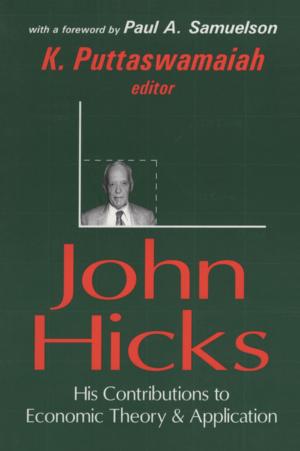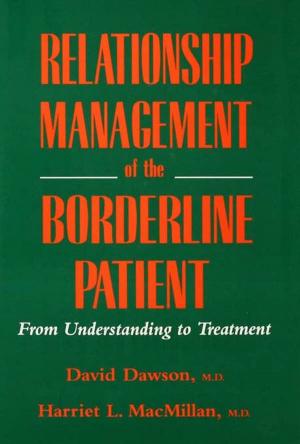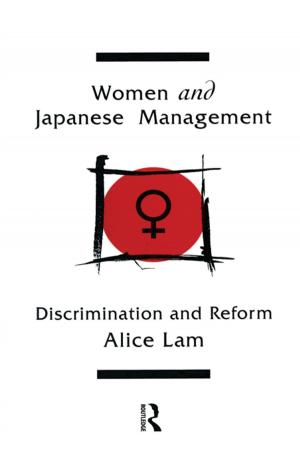| Author: | Jonathan Simon | ISBN: | 9781317168065 |
| Publisher: | Taylor and Francis | Publication: | April 8, 2016 |
| Imprint: | Routledge | Language: | English |
| Author: | Jonathan Simon |
| ISBN: | 9781317168065 |
| Publisher: | Taylor and Francis |
| Publication: | April 8, 2016 |
| Imprint: | Routledge |
| Language: | English |
This book explores the history of pharmacy in France and its relationship to the discipline of chemistry as it emerged at the beginning of the nineteenth century. It argues that an appreciation of the history of pharmacy is essential to a full understanding of the constitution of modern science, in particular the discipline of chemistry. As such, it provides a novel interpretation of the chemical revolution (c.1770-1789) that will, no doubt, generate much debate on the place of the chemical arts in this story, a question that has hitherto lacked sufficient scholarly reflection. Furthermore, the book situates this analysis within the broader context of the French Revolution, arguing that an intimate and direct link can be drawn between the political upheavals and our vision of the chemical revolution. The story of the chemical revolution has usually been told by focusing on the small group of French chemists who championed Lavoisier's oxygen theory, or else his opponents. Such a perspective emphasises competing theories and interpretations of critical experiments, but neglects the challenging issue of who could be understood as practising chemistry in the eighteenth century. In contrast, this study traces the tradition of pharmacy as a professional pursuit that relied on chemical techniques to prepare medicines, and shows how one of the central elements of the chemical revolution was the more or less conscious disassociation of the new chemistry from this ancient chemical art.
This book explores the history of pharmacy in France and its relationship to the discipline of chemistry as it emerged at the beginning of the nineteenth century. It argues that an appreciation of the history of pharmacy is essential to a full understanding of the constitution of modern science, in particular the discipline of chemistry. As such, it provides a novel interpretation of the chemical revolution (c.1770-1789) that will, no doubt, generate much debate on the place of the chemical arts in this story, a question that has hitherto lacked sufficient scholarly reflection. Furthermore, the book situates this analysis within the broader context of the French Revolution, arguing that an intimate and direct link can be drawn between the political upheavals and our vision of the chemical revolution. The story of the chemical revolution has usually been told by focusing on the small group of French chemists who championed Lavoisier's oxygen theory, or else his opponents. Such a perspective emphasises competing theories and interpretations of critical experiments, but neglects the challenging issue of who could be understood as practising chemistry in the eighteenth century. In contrast, this study traces the tradition of pharmacy as a professional pursuit that relied on chemical techniques to prepare medicines, and shows how one of the central elements of the chemical revolution was the more or less conscious disassociation of the new chemistry from this ancient chemical art.















